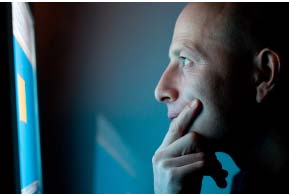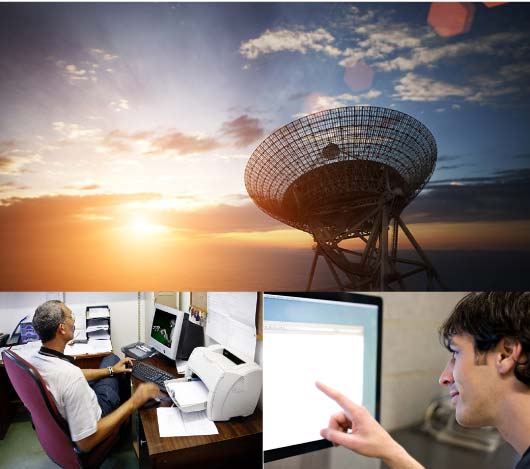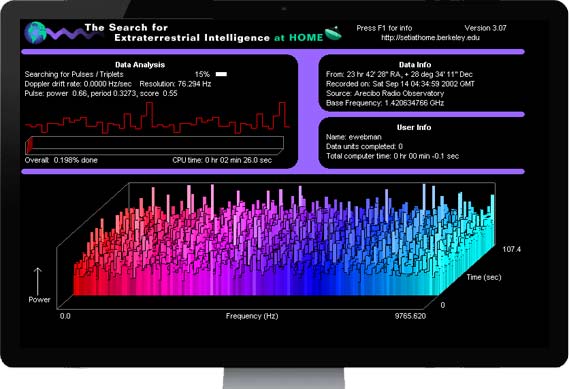CHALLENGE

Scanning the skies for intelligent life in the universe, a single radio telescope collects more data that can be processed by even the most powerful computers. UC Berkeley’s Space Science Lab wanted a robust system to harness millions of personal computers in homes and offices around the world to do the job for them. It had to be secure. It had to be flexible. And it had to be delivered to millions with no tech support budget.
BIG IDEA
Instead of solving for a single problem, Quality Process built a platform that combined crowd-sourcing with citizen science. Our solution created a framework for general purpose scientific enquiry called BOINC, and is used worldwide to support breast cancer research, molecular folding, and anti-malarial drug discovery efforts, among many others.
SOLUTION
To harness the unused power of millions of personal computers worldwide, Quality Process developed a Mac-compatible version of the Space Science Lab’s SETI@Home screen saver-based distributed computing system. In the process of rebuilding the lab’s existing Windows version, we created a flexible, open source platform for crowdsourcing Big Science—BOINC—the new standard for distributed volunteer computing projects.

EXAMPLES

